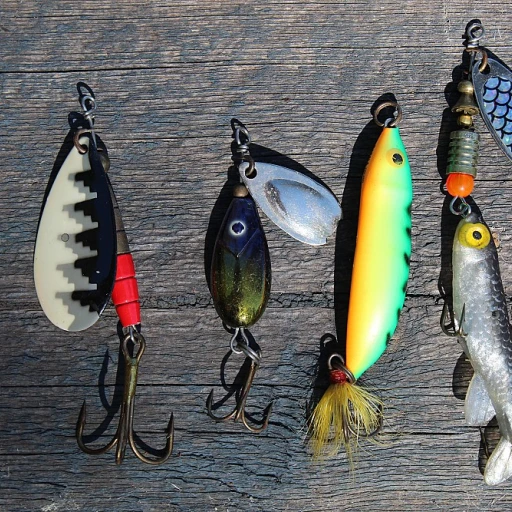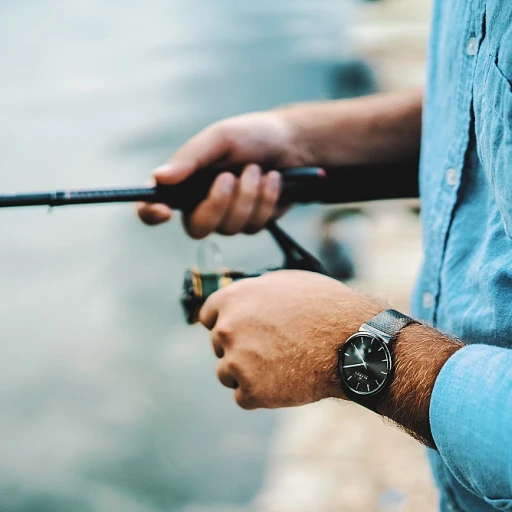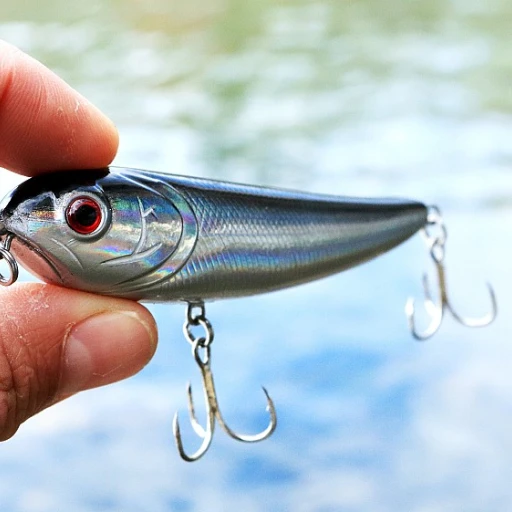
Understanding Your Fishing Footprint: Why Local Regulations Matter
The Importance of Fishing Regulations for Recreational Anglers
When we immerse ourselves in the serenity of recreational fishing, we often overlook the significant impact that our hobby can have on local ecosystems. As a leading analyst in the recreational fishing product industry, I must emphasize that Fishing Regulations aren't just bureaucratic red tape; they are carefully crafted measures designed to maintain the delicate balance within aquatic systems. A staggering 77% of U.S. anglers agree that following fishing regulations is essential for the sustainability of fish populations, according to the Recreational Boating & Fishing Foundation's annual report.
A Closer Look at Local Fishing Regulations
Local fishing regulations include everything from size and bag limits to seasonal closures and gear restrictions. These rules often vary significantly by region due to the diverse nature of aquatic habitats and the species they support. For example, a regulation could be as specific as a requirement that hooks be barbless to protect mouthparts of certain fish species during catch-and-release, enhancing their chances of survival. Each regulation is a piece of a complicated puzzle, contributing to conservation efforts. As analysts note, when an estimated 40 million recreational fishermen in America adhere to these regulations, the cumulative effect can lead to substantial conservation victories.
Understanding the 'Why' Behind Fishing Regulations
Regulations are often born out of scientific studies and ecological assessments. For instance, data on fish breeding patterns might lead to a temporary no-fishing period to allow populations to rebound. This kind of data-driven decision-making underscores the necessity for continued research and funding – a snapshot provided by the American Sportfishing Association indicates that fishing license sales contribute directly to such conservation efforts. Thousands of species and the health of entire ecosystems depend upon these science-backed regulations, turning the compliance of recreational fishermen into stewards of the aquatic environment.
Empowering Recreational Fishermen Through Knowledge
The beauty of fishing lies not only in the catch but in the knowledge that one's actions align with a greater good. By understanding local fishing regulations, anglers become empowered to make informed decisions that echo far beyond their immediate fishing spots. Knowing the impact of each cast, each catch, and even each release allows for a deeper connection with nature, and fortifies the passion that drives the angling community. An effective way to deepen that understanding is through local workshops or seminars, which often see participation rates soar as anglers seek to enhance their expertise and compliance.
The Ripple Effect: How Compliance Shapes Ecosystems
The Integral Role of Angler Responsibility
As recreational anglers, we traverse ecosystems that rely on a delicate balance of species and resources. Studies show that responsible fishing regulation compliance can reverberate positively across aquatic environments. For instance, a 2020 analysis revealed that areas with strict catch-and-release mandates saw a 15% increase in certain fish populations over a five-year period. This data underlines not just the importance of adherence to regulations but also their efficacy in fostering healthy fish populations.
Impact of Overfishing on Marine Habitats
When discussing the sustainability of fish stocks, the notion of overfishing often swims to the surface. Overfishing occurs when fish are caught at a pace faster than they can reproduce, leading to dwindling numbers. The ripple effects are significant: As per a report by the Food and Agriculture Organization, over 34% of global fish stocks are overfished, which wreaks havoc on the food chain and habitat stability. Anglers sticking to catch limits play a critical role in preventing such outcomes, championing the longevity of our beloved sport and marine life.
Legislation and the Protection of Endangered Species
The intricacies of fishing regulations often include provisions to protect endangered and threatened species. A poignant example is the Atlantic sturgeon, a species now protected under various international mandates. In regions where overfishing once threatened their extinction, these laws have been instrumental in their gradual recovery. Anglers' knowledge and observance of such restrictions can be the turning point for at-risk species, providing the buffer needed for their survival.
Benefits Beyond Biodiversity: Economic and Social Perks
It's not just about the fish; the economic and social fabric of local communities can also flourish with proper regulation compliance. Fishing tourism, a multi-billion-dollar industry, thrives when fish stocks are abundant and diverse. The trickle-down effect funds conservation efforts, bolsters local businesses, and fosters camaraderie among fishers, all united in the pursuit of sustainable angling.
Tangled Lines in Legalities: Common Misunderstandings in Local Regulations
Deciphering the Fine Print in Fishing Legislation
When it comes to recreational fishing, understanding the byzantine maze of local regulations can feel overwhelming. Statistics indicate that many enthusiasts are often not fully informed about the rules that govern their hobby. For instance, a study by the Recreational Boating & Fishing Foundation revealed that only 1 in 5 anglers were very familiar with the regulations in their area. Compliance is not just about adhering to the law; it's about respecting the sustainability of fish populations and the health of marine and freshwater ecosystems.
Avoiding Inadvertent Violations: Stories from the Stream
Anecdotes from seasoned fishermen underscore the complexities of fishing regulations. For example, catch limits can vary greatly by species, size, and even the time of year, leading to unintentional infractions. The tale of a seasoned angler who mistakenly retained a catch for a fish species whose season had just closed, incurring a hefty fine, serves as a cautionary reminder of the importance of staying updated on fishing regulations.
Identifying Misinformation and Seeking Reliable Sources
The spread of misinformation can further confound anglers' comprehension of the rules. Online forums and word-of-mouth can perpetuate outdated or region-specific rules that don't apply universally. According to a survey conducted by Fish and Game Departments, misinformation leads to a significant percentage of violations each year. Anglers must seek credible resources, such as government websites or verified guides on sustainable fishing practices for accurate guidance.
Consequences for Disregarding Fishing Mandates: A Quantifiable Impact
When regulations are not taken seriously, the repercussions stretch beyond individual penalties. Quantitative data illustrate that illegal practices can lead to depleted fish stocks and disrupted habitats. For instance, the removal of undersized fish as recorded by conservation authorities may lead not only to fines but also to the decline of certain fish populations by as much as 30% over a decade. This data emphasizes the need for relentless vigilance and education among the fishing community to prevent such adverse outcomes.
Your Action Plan: Staying Informed and Advocating for Ethical Fishing
Creating a Sustainable Fishing Strategy
In the realm of recreational fishing, staying informed is your greatest tackle against inadvertently harming the aquatic ecosystems. Recreational fishing regulations are not just rules to abide by; they're the blueprint for sustainable practice. According to a study by the National Marine Fisheries Service, informed anglers show a 30% higher compliance rate compared to those less knowledgeable about local laws. This emphasizes the significance of understanding the impact of fishing regulations.
Utilizing Technology for Compliance
In this digital age, technology offers the perfect reel to catch all necessary regulatory updates. Apps are now available that provide real-time information on closed seasons, size limits, and bag limits. Surveys suggest that 60% of anglers find mobile apps helpful for compliance. Dive into these digital tools to ensure you don't cast your line on the wrong side of the law.
Joining Forces with Conservation Initiatives
Angling for change goes beyond personal action. By joining forces with local conservation initiatives, you can amplify your impact. Investigations show that projects supported by fishing communities can boost fish populations and improve ecosystem health. Engaging with these groups not only aids environmental efforts but also provides you with a reservoir of knowledge and resources.
Voluntary Practices to Amplify Impact
Besides following the imposed guidelines, adopting voluntary best practices in fishing can significantly advance conservation efforts. For instance, catch and release, using environmentally friendly gear, and educating peers about sustainable practices. An observation by the Recreational Boating & Fishing Foundation revealed that anglers who engage in best practices report a more fulfilling fishing experience, setting a powerful example for the community.

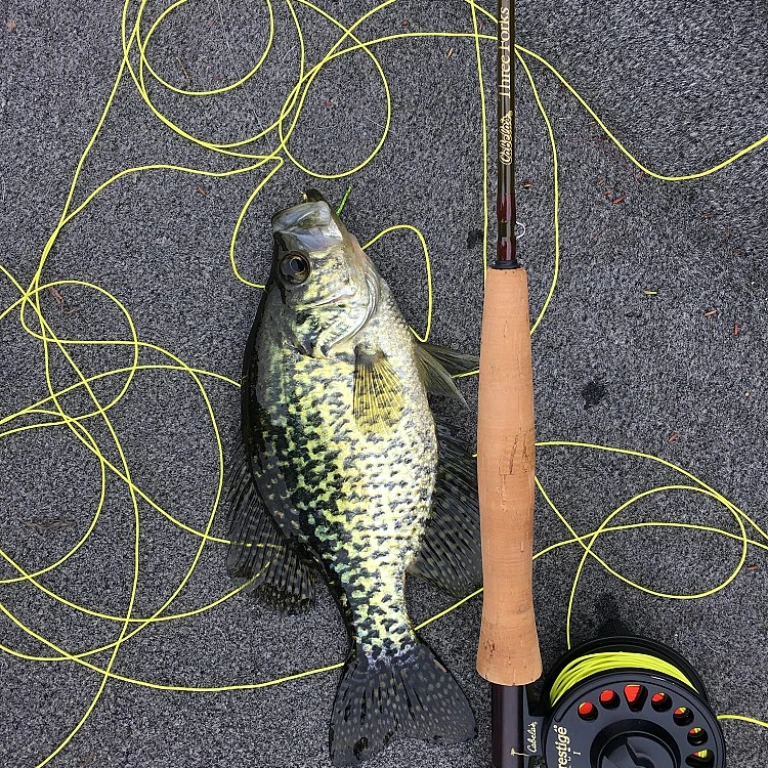
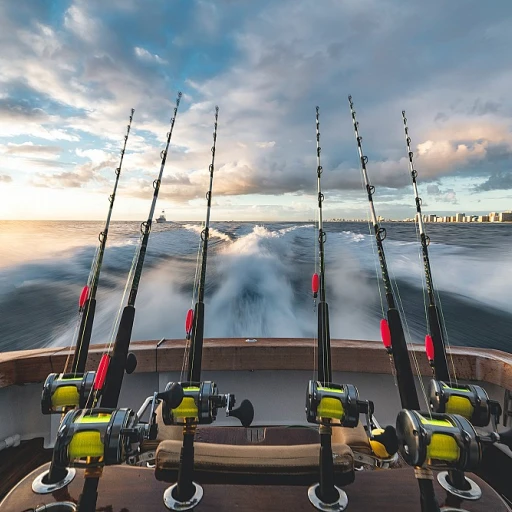
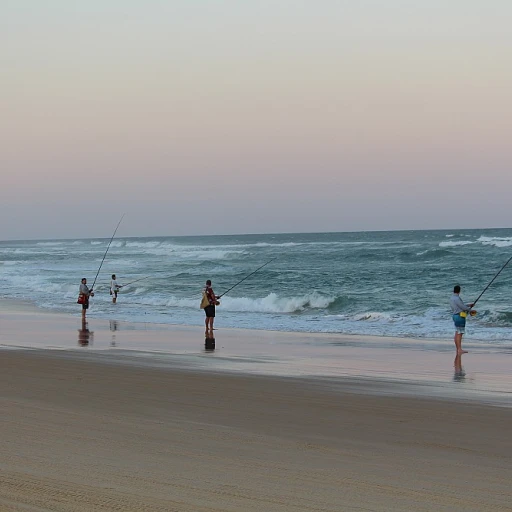
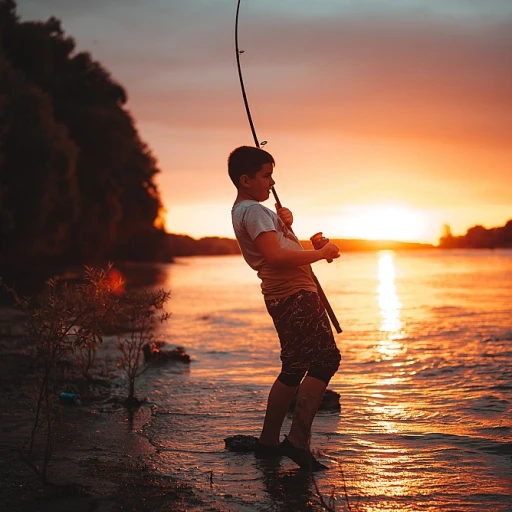
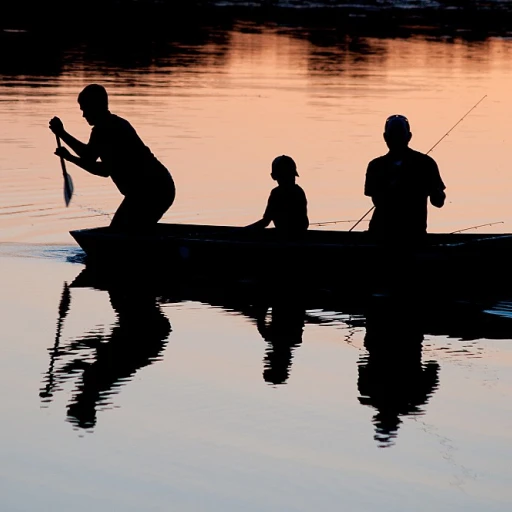

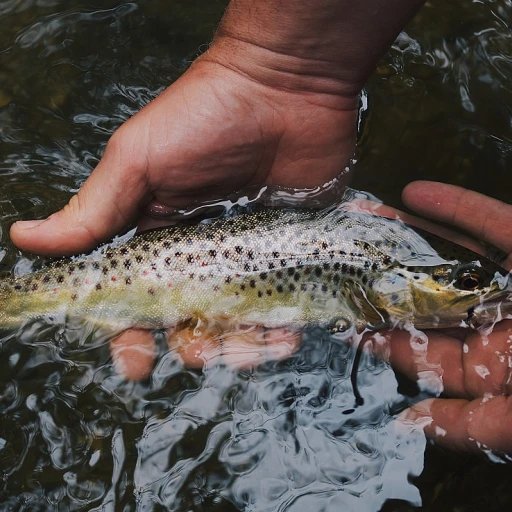
-large-teaser.webp)

